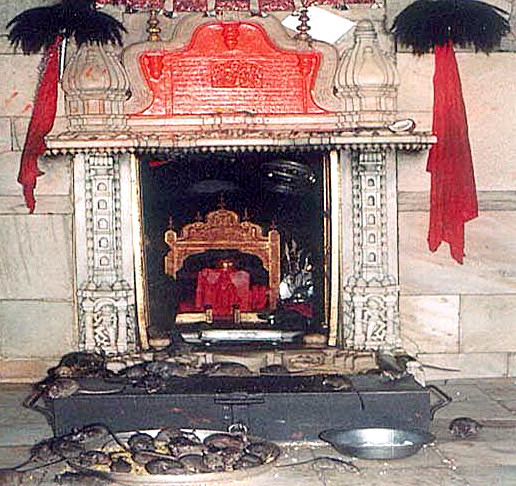Often a contrast is drawn between the "western" approach to God as a Person and the "eastern" impersonal/non-theistic approach. Thus a lot of Western religion centres around the relationship between our own "persons" and the Person of God, while the Eastern appears to concentrate more on being "one" with Reality.
My own experience has led me to the conclusion that much of this supposed contrast is caused by the total confusion as to what we mean by a "person".
As a starting point I would observe that if we, as we so often seem to do, identify ourselves purely with the empirical ego, and then identify the empirical ego with the "person"..........when we then say God is "personal" (or a person) we are in fact asking for big big trouble.
Some have observed that the empirical ego is in fact the source and centre of every illusion......and not just the Buddha!
As Thomas Merton has observed, and I agree with him, "suffering, as both Christianity and Buddhism see, each in its own way, is part of our very ego-identity and empirical existence."
So we have "person" and we have the "ego self", we have who we see ourselves as being, and there is what we perhaps truly are.
Any thoughts?
My own experience has led me to the conclusion that much of this supposed contrast is caused by the total confusion as to what we mean by a "person".
As a starting point I would observe that if we, as we so often seem to do, identify ourselves purely with the empirical ego, and then identify the empirical ego with the "person"..........when we then say God is "personal" (or a person) we are in fact asking for big big trouble.
Some have observed that the empirical ego is in fact the source and centre of every illusion......and not just the Buddha!
As Thomas Merton has observed, and I agree with him, "suffering, as both Christianity and Buddhism see, each in its own way, is part of our very ego-identity and empirical existence."
So we have "person" and we have the "ego self", we have who we see ourselves as being, and there is what we perhaps truly are.
Any thoughts?



